Global Rights Index 2025
Obsor — The Observatory on Trade Union Rights and Freedoms in the Arab Region
Because we cannot change what we cannot see — and we cannot confront injustice without documenting it.
In a time when political, economic, and social crises intersect — and as workers and trade unions across the Arab region face growing repression — Obsor emerges as a pioneering initiative by the Arab Trade Union Confederation (ATUC). It aims to transform monitoring into awareness, awareness into power, and power into organized action for change.
Obsor is a digital and interactive observatory that monitors and analyzes violations of trade union rights and freedoms across Arab countries. Inspired by the ITUC Global Rights Index, it is tailored to the region’s specific legal, political, and socio-economic realities — serving as a tool for advocacy, legal reform, and social justice.
Why Obsor?
Because violations are no longer isolated — they are becoming systemic.
Because the absence of data feeds impunity, and undocumented violations remain unchallenged.
Because we cannot defend what we do not see — nor build a just future without clarity.
Obsor is our right to knowledge — and our duty to hold systems accountable.
A Platform for Defending All Workers
Obsor documents violations affecting:
The right to organize and join unions
Freedom of association and collective bargaining
Strikes, protests, and union participation
Gender-based discrimination and violence
Rights of migrant workers, informal workers, youth, and marginalized groups
Obsor gives voice to the silenced — to the excluded, the threatened, and the invisible.
For Democratic and Transparent Societies
Obsor is more than a database — it is a mechanism to promote democratic values, transparency, and civic participation.
It strengthens:
Legal and institutional accountability
Civil society oversight
Reform of national frameworks to meet international labour standards
Obsor: A Path to Development and Social Justice
There can be no real development without freedom,
No equity without decent work,
No democracy without strong, independent unions.
Obsor is a compass for sustainable development — providing the facts, insights, and tools to shape inclusive policies and empower trade union engagement in building a just Arab future.
What Obsor Offers:
A live database of rights violations, searchable by country, theme, or actor
Country profiles and annual rankings on trade union freedoms
Legal analysis of compliance with international labour conventions
Advocacy and educational resources for unions and human rights defenders
💬 “Justice is not granted — it is built through vision, organization, and resistance.”
Obsor is the memory of our struggle and a light toward dignity and freedom.
This is the 12th edition of the ITUC Global Rights Index,
the only comprehensive, worldwide annual study of the violation of workers’ rights – freedoms that form the basis of the democratic rule of law and fair working conditions for all.
This year’s Index reveals a stark and worsening global crisis for workers and unions. In 2025, average country ratings deteriorated in three out of five global regions, with Europe and the Americas recording their worst scores since the Index’s inception in 2014. Alarmingly, only seven out of 151 countries surveyed received the top-tier rating. The data shows a sharp escalation in violations of fundamental rights, including access to justice, the right to free speech and assembly, and the right to collective bargaining.
In this increasingly hostile environment, a growing number of state authorities are adopting legislation that criminalises civil society organisations – and, potentially, trade unions – as “foreign agents”, further delegitimising their role. Violations of the right to strike and the right to register a trade union remain at record levels, underscoring the intensifying crackdown on workers’ fundamental freedoms.
We are witnessing a coup against democracy: a concerted, sustained assault by state authorities and the corporate underminers of democracy on the rights and welfare of workers. Increasingly, this attack is orchestrated by far-right demagogues backed by billionaires who are determined to reshape the world in their own interests at the expense of ordinary working people.
The 2025 Index is an urgent call to action to resist this coup against democracy before irreparable damage is done. The ITUC’s For Democracy That Delivers campaign aims to unite workers and unions in defence of our rights and in pursuit of a fairer future for all. As the world’s largest democratic force, the union movement embodies the collective power of working people everywhere. Together, we can build a sustainable world where all workers are free to exercise their basic rights and freedoms.
Workers had no or reduced access to justice in 72% of countries, a sharp increase from 65% in 2024.
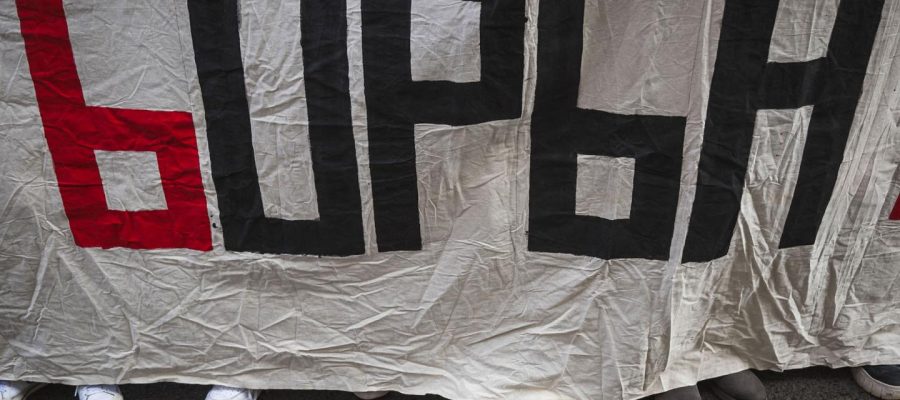
In the Philippines, charges remain pending against activists who provided humanitarian aid to displaced Indigenous communities in 2018. Meanwhile, two French unionists remain unlawfully detained under harsh conditions in Iran, following their arrest in 2022 on spurious national security charges.
Attacks on the rights to free speech and assembly were reported in 45% of countries – a record high for the Index and an increase from 43% in 2024.
In Benin, workers were arrested during May Day celebrations, highlighting the growing repression of public expression. In the Russian Federation, draconian “Covid” restrictions on public events remain in place, giving authorities the power to prohibit union gatherings under the guise of health measures.
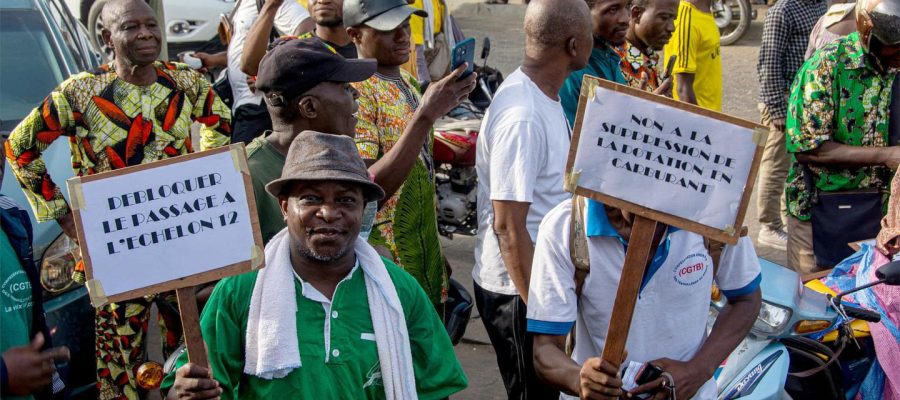
The right to strike was violated in 87% of countries – unchanged from the Index high of 131 countries in 2024.

In Cameroon, a seasonal worker was killed by police during a demonstration by SOSUCAM sugar workers for better pay and safer conditions. In Iraq, police attacked and injured striking oil workers during a protest about their status.
The right to the legal registration of unions was impeded in 74% of countries unchanged from 2024 and the worst level since the Index began.
About 600 traffic services workers in Kenya were denied the right to form a union due to the misclassification of their roles and restrictions on union membership. In Pakistan, a court declared 62 unions unlawful, infringing the rights of millions of public sector workers.
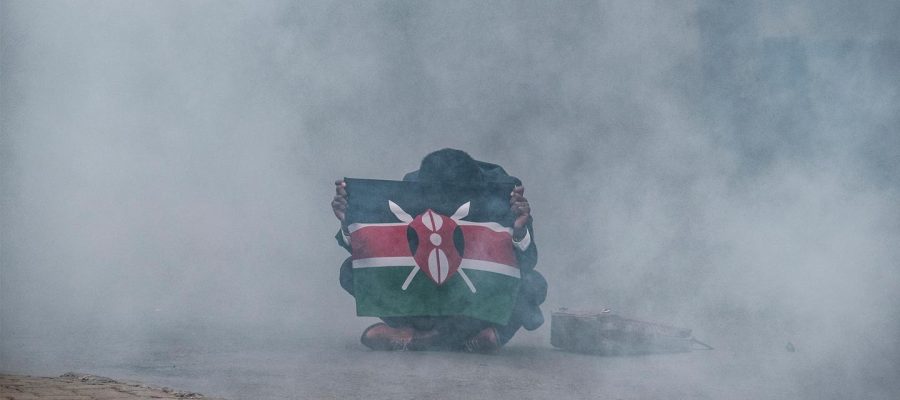
The right to collective bargaining was restricted in 80% of countries (121), up from 79% in 2024.
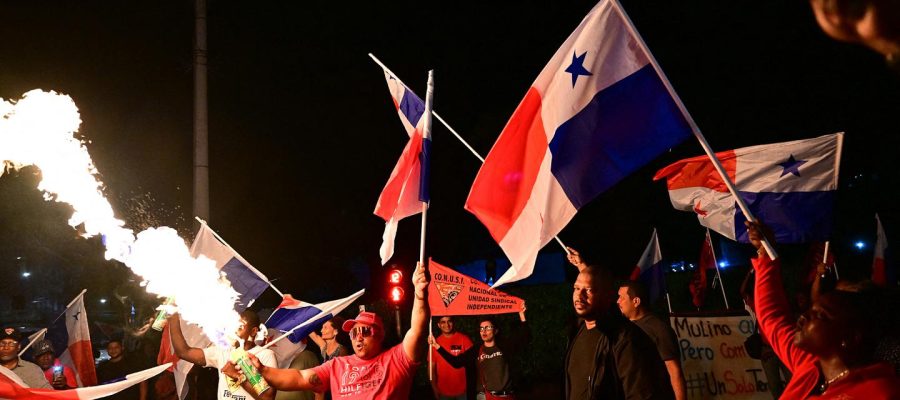
In France, nearly four in every 10 collective agreements were imposed unilaterally by employers, without union representation. In Sweden, Elon Musk’s Tesla bypassed negotiations entirely, replacing striking workers with strike-breakers or ‘scabs’, rather than engaging in collective bargaining.
Authorities in 71 countries (47%) arrested and/or imprisoned workers, a marginal improvement on 2024 but almost twice the rate recorded in 2014.
A union president in Cambodia was convicted for speaking out online against the arrest of a casino worker. Activists in Hong Kong, including two union leaders, were convicted for taking part in a democratic council election process.

Workers in three out of every four countries were denied the right to freedom of association and to organise, unchanged from 2024.
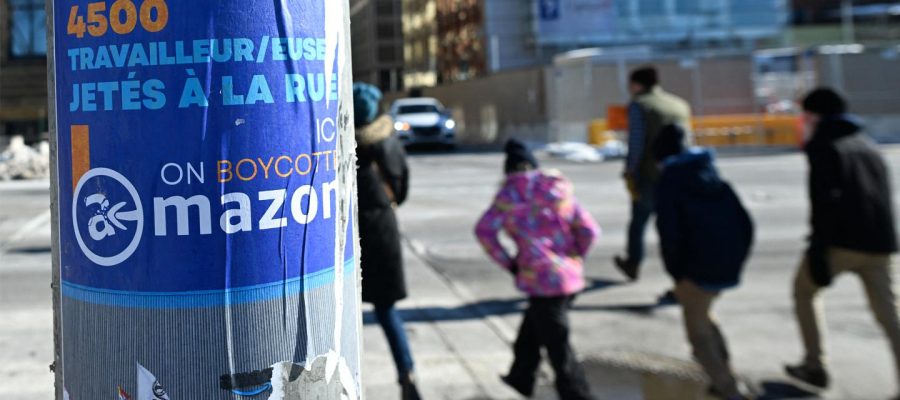
In Malaysia, global packaging firm Amcor unfairly dismissed a union secretary as part of its “union-busting” campaign. Jeff Bezos’s Amazon responded to the creation of its first unionised workforce in Canada by closing its Quebec warehouses, resulting in 2,000 job losses.
Workers suffered violence in 26% of countries, down from 29% in 2024.
Armed bandits attacked the home of a union leader in Haiti, forcing him to flee with his family. Thugs violently forced five unionists out of a May Day event at a lithium mine in Zimbabwe.
Trade unionists paid the ultimate price for their activism in Cameroon, Colombia, Guatemala, Peru, and South Africa – killed for defending workers’ rights.

The 10 worst countries for workers in 2025
Each year, the ITUC Global Rights Index rates countries depending on their compliance with collective labour rights and documents the violations of internationally recognised rights by governments and employers.
The 10 worst countries for workers in 2025 were: Bangladesh, Belarus, Ecuador, Egypt, Eswatini, Myanmar, Nigeria, the Philippines, Tunisia, and Türkiye.
Jordan
Algeria
Saudi Arabia
Iraq
Egypt
Morocco
Libya
Syria
Tunisia
Kuwait
Workers’ rights under siege: More countries deteriorate than improve in 2025
The ratings of seven countries worsened: Argentina, Costa Rica, Georgia, Italy, Mauritania, Niger, and Panama.
Three countries improved their ratings: Australia, Mexico, and Oman.
